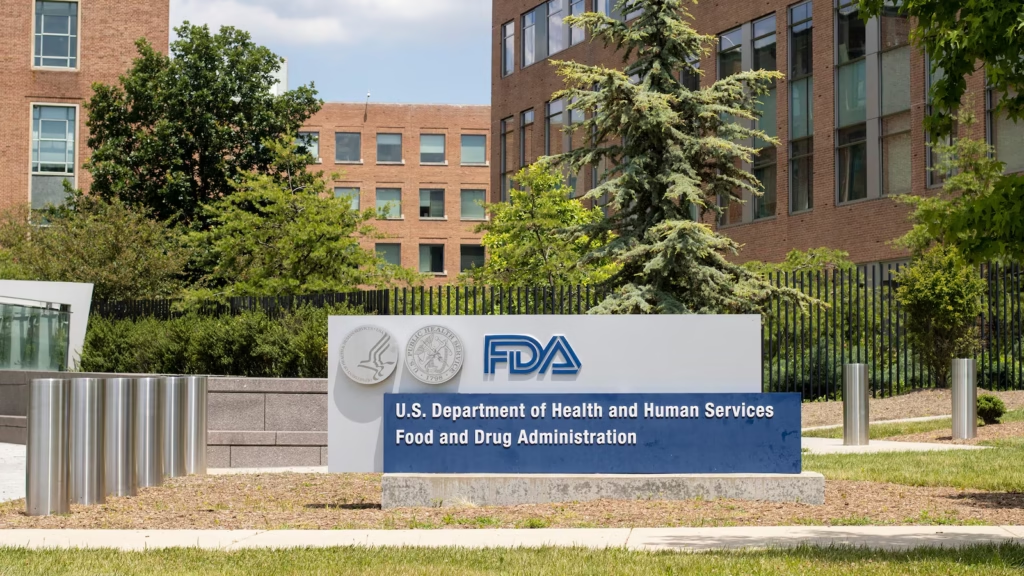FDA’s Oncologic Drugs Advisory Committee (ODAC) critiques a major lymphoma trial for having too few U.S. participants, warning this may limit how well results translate locally
FDA’s Oncologic Drugs Advisory Committee (ODAC) critiques a major lymphoma trial for having too few U.S. participants, warning this may limit how well results translate locally

During its regular review session, the FDA’s Oncologic Drugs Advisory Committee (ODAC) discussed the STARGLO trial, which evaluated the combination of glofitamab with other therapies in patients with relapsed or refractory diffuse large B-cell lymphoma (DLBCL). The study showed encouraging clinical efficacy significant improvements in response rate and progression-free survival among participants.
However, many advisory committee members expressed concern about how representative the trial population was for U.S. patients. The trial enrolled a disproportionately low number of U.S. participants only around 9 percent, while nearly half of participants came from Asian regions. Committee members pointed out that differences in prior treatment history, genetic background, healthcare access and standards, and supportive care could influence outcomes, which raises questions about whether the efficacy and safety seen abroad would be replicated domestically.
The meeting also discussed other cancer therapies under evaluation, but STARGLO stood out for the concerns about generalizability. Some ODAC members suggested that, despite strong trial data, additional studies or bridging cohorts with higher U.S. enrollment might be needed to bolster confidence in using glofitamab broadly in the U.S.
Why this is important
Clinical trial results are only as useful as their applicability to the patient populations who will receive the drug in the real world. With global trials, especially oncology trials, regulators increasingly scrutinize whether the enrolled populations reflect the diversity and care realities of target regions. If a trial has very few participants from a given country, especially one with different demographics or standards of care, it may be harder to predict how well patients there will respond.
For patients and physicians in the U.S., this means caution may accompany adoption of new therapies whose trial data come mostly from other countries. It may affect how quickly such therapies receive U.S. label expansion or reimbursement.
For developers, this adds pressure to ensure trial designs include sufficient enrollment from key geographic regions, and to pre-specify subgroup analyses by region or demographic. It might also encourage more frequent use of bridging studies or domestic cohorts.
Points to watch
Keep in touch with our news & offers